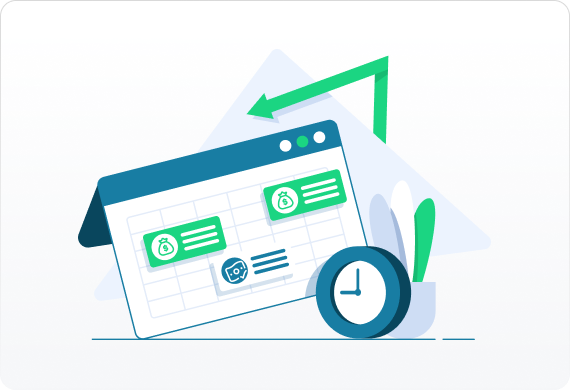Access to working capital helps small business owners manage working capital and expand their business. It can spell success, or doom, for a struggling business owner, depending on how easy it is for them to obtain it.
Traditional lenders have strict requirements to qualify for a business loan, and often will not lend to those with credit scores below 750. They also prefer to work with businesses who have been successfully operating for many years, show growth, and already have strong cash flow. It’s an old joke but true, often to get approved for a bank loan you need to prove that you do not need it.
The reality is that many successful small business owners may not have great credit, even if their business is doing well. When a bank loan is not an option, a merchant cash advance and other types of alternative lending become a valid business funding source. For many, alternative business loans are a better option.
Alternative lenders specialize in working with those who have been denied for funding at banks. They exist to help small business owners succeed. Here is how to qualify for a business loan with bad credit.






